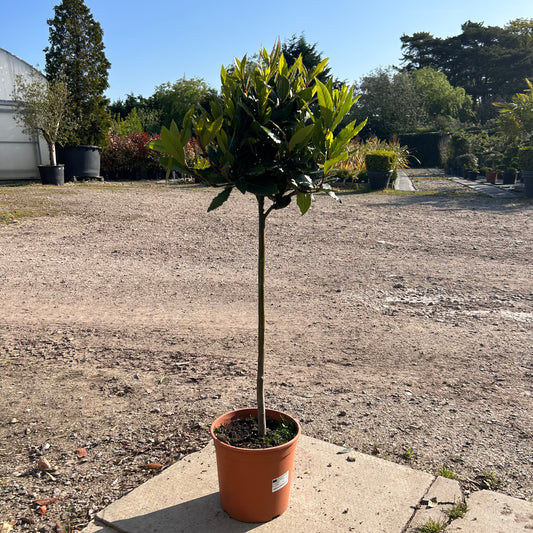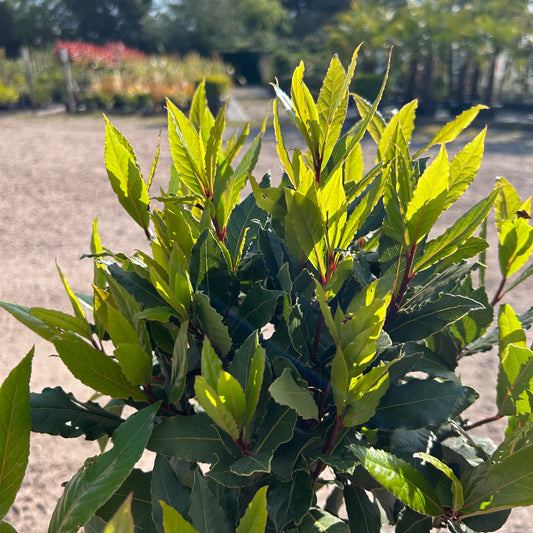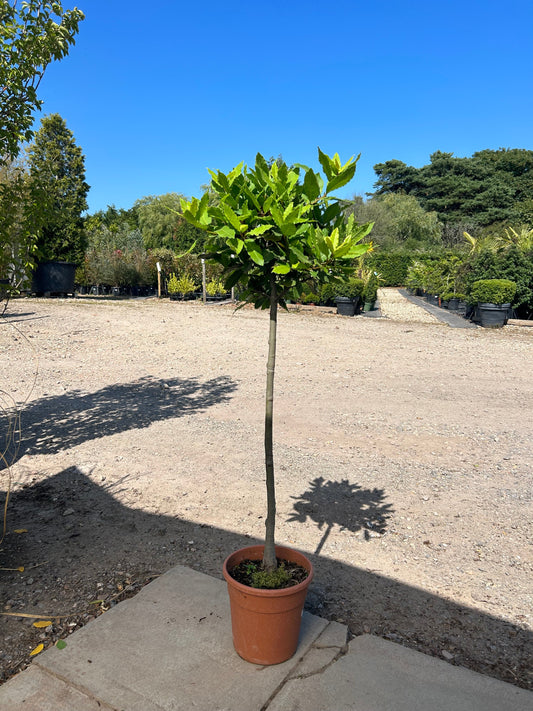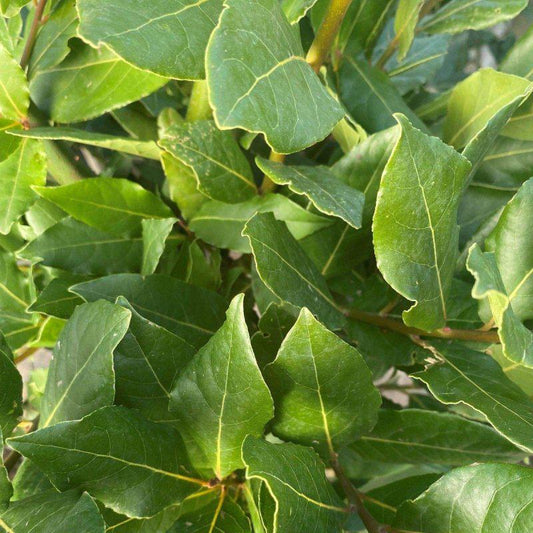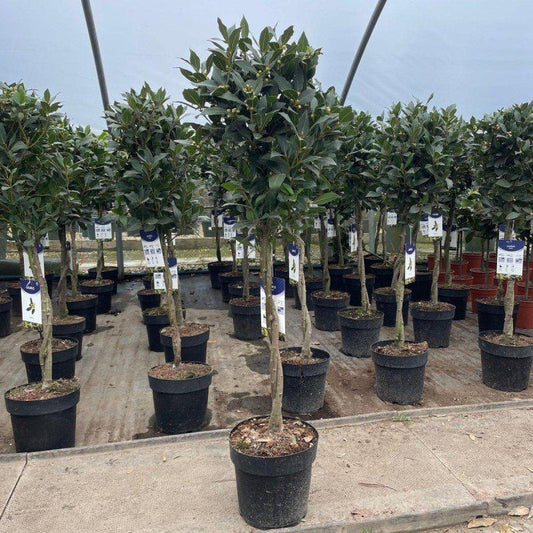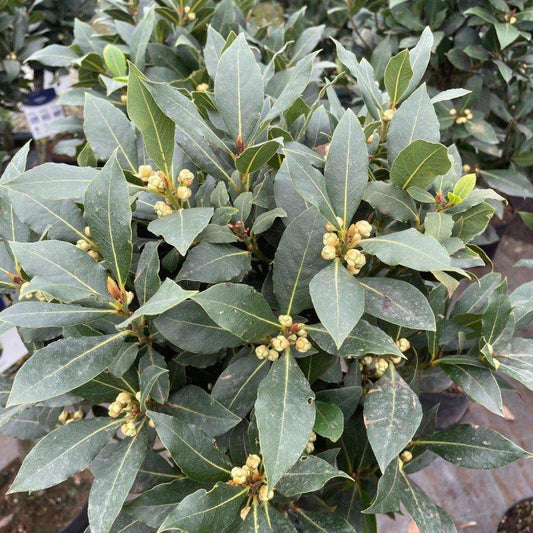Table of Contents
- Introduction: The Rising Popularity of Trachycarpus Fortunei
- A Brief History of the Windmill Palm
- Understanding the Trachycarpus Fortunei Species
- Identifying a Trachycarpus Fortunei
- The Unique Features of Windmill Palms
- Growth Patterns and Climate Adaptability
- Choosing the Right Location for Your Windmill Palm
- Soil Preferences and Planting Techniques
- Watering Regimen for Optimal Growth
- Fertilization and Nutrient Requirements
- Pruning and Maintenance Tips
- Incorporating Windmill Palms in Garden Design
- Companion Plants for Trachycarpus Fortunei
- Lighting and Aesthetic Appeal
- The Ecological Benefits of Planting Windmill Palms
- Windmill Palms and Urban Landscaping
- Propagating Your Own Windmill Palms
- Common Pests and How to Combat Them
- Preventing Diseases in Trachycarpus Fortunei
- Winter Care for Windmill Palms
- Preparing Your Palm for Spring
- The Economic Value of Windmill Palms
- Windmill Palms in the Floriculture Industry
- Testimonials: The Joy of Growing Windmill Palms
- My Experience with Trachycarpus Fortunei
- The Enduring Legacy of the Windmill Palm
The question of whether one can cultivate a Trachycarpus Fortunei on a balcony is met with an enthusiastic affirmative. This guide is dedicated to showing you how to successfully grow a Trachycarpus Fortunei, also known as the Chinese Windmill Palm, in the unique confines of a balcony setting.
Understanding the Resilience of Trachycarpus Fortunei
Trachycarpus Fortunei is a palm variety celebrated for its resilience and adaptability, making it a prime candidate for balcony gardens. It can withstand temperatures that are lower than what most tropical palms can handle, which is why it's a popular choice for gardeners in varied climates.
Selecting Your Trachycarpus Fortunei
When selecting your Trachycarpus Fortunei, it's important to choose a specimen that appears healthy and robust. A palm with a sturdy trunk and vibrant green leaves is indicative of good health. The size should be suitable for your balcony, considering the growth potential over the years.
Choosing the Right Container
The container for your Trachycarpus Fortunei should be both functional and stylish. It needs to be large enough to accommodate growth and have excellent drainage to prevent excess water from causing root rot. A heavy pot can also help stabilize the palm on windy days.
The Best Soil Mix for Your Palm
The soil mix is a critical factor in the success of growing a Trachycarpus Fortunei on a balcony. A well-draining soil mix, typically used for cacti or palms, is ideal. This type of mix will retain the right amount of moisture without becoming soggy.
Planting Your Trachycarpus Fortunei
To plant your palm, place it in the center of the pot and fill around it with your chosen soil mix. Water the palm generously to help settle the soil around the roots and to eliminate any air pockets.
Strategic Balcony Placement
The placement of your Trachycarpus Fortunei should be strategic. It requires a balance of sunlight and shade, so positioning it where it can receive a few hours of direct sunlight with partial afternoon shade is optimal.
Ongoing Care for Your Balcony Palm
Caring for your Trachycarpus Fortunei involves regular watering when the top inch of soil is dry and fertilizing with a palm-specific fertilizer during its growth period. The palm's watering needs may decrease during the winter, so adjust accordingly.
Winterizing Your Trachycarpus Fortunei
In colder climates, winterizing your Trachycarpus Fortunei is essential. This may involve wrapping the palm in horticultural fleece or relocating it to a more protected area of the balcony to shield it from frost.
Enhancing Your Balcony's Appeal
To further enhance the appeal of your balcony, consider adding other tropical plants that complement the Trachycarpus Fortunei, as well as accessories like outdoor lighting or decorative stones that can contribute to a serene and tropical ambiance.
Conclusion: A Balcony Oasis with Trachycarpus Fortunei
Introduction: The Rising Popularity of Trachycarpus Fortunei
The Windmill Palm, scientifically known as Trachycarpus Fortunei, has captured the hearts of gardeners and landscapers around the globe. Its resilience, coupled with its elegant structure, makes it a favored choice for both private gardens and public spaces. This article delves into the reasons behind the Windmill Palm Phenomenon and offers insights into how you can join the ranks of those who adore this magnificent plant.
A Brief History of the Windmill Palm
Trachycarpus Fortunei, commonly referred to as the Windmill Palm, has a storied past that dates back centuries. Originating from the mountainous regions of East Asia, this palm has traversed continents and climatic zones to become a staple in diverse landscapes.
Understanding the Trachycarpus Fortunei Species
The Windmill Palm is part of a broader family of palms known for their hardiness and distinctive fan-shaped foliage. Understanding the botanical nuances of Trachycarpus Fortunei is essential for appreciating its place in the horticultural world.
Identifying a Trachycarpus Fortunei
Recognizing a Windmill Palm is straightforward once you know what to look for. From its trunk patterned with fibrous material to its fan-like leaves, each characteristic of this palm is a testament to its adaptability and charm.
The Unique Features of Windmill Palms
What sets the Windmill Palm apart from other species is a combination of features, including its tolerance to cold and its striking silhouette. These palms can thrive where others cannot, making them a phenomenal choice for varied environments.
Growth Patterns and Climate Adaptability
One of the most remarkable aspects of the Windmill Palm is its ability to adapt to different climates. This section explores the growth patterns of Trachycarpus Fortunei and how it manages to flourish in both temperate and tropical zones.
Choosing the Right Location for Your Windmill Palm
Selecting the perfect spot for your Windmill Palm is crucial for its growth and longevity. This part of the article will guide you through the considerations to make when planting this palm in your garden.
Soil Preferences and Planting Techniques
The success of a Windmill Palm starts with the soil. Understanding the soil preferences and mastering the planting techniques are key steps to ensuring your palm thrives.
Watering Regimen for Optimal Growth
Watering is a critical component of Windmill Palm care. Learn how to establish a watering regimen that promotes healthy growth without over-saturating your palm.
Fertilization and Nutrient Requirements
Like all plants, Windmill Palms have specific nutrient needs. This section will cover the fertilization practices that will keep your palm healthy and robust.
Pruning and Maintenance Tips
Regular maintenance is essential for the health and appearance of your Windmill Palm. Discover the best practices for pruning and upkeep in this informative segment.
Incorporating Windmill Palms in Garden Design
Windmill Palms are not just plants; they are design elements that can transform a landscape. Learn how to incorporate them into your garden design for maximum impact.
Companion Plants for Trachycarpus Fortunei
While Windmill Palms can stand alone, they also play well with others. This section suggests companion plants that will complement your Trachycarpus Fortunei and create a cohesive garden design.
Lighting and Aesthetic Appeal
The aesthetic appeal of Windmill Palms is undeniable. Explore how lighting can enhance the beauty of these palms and bring a magical ambiance to your outdoor space.
The Ecological Benefits of Planting Windmill Palms
Beyond their beauty, Windmill Palms offer ecological benefits. This part of the article discusses how these palms contribute to the environment and support local ecosystems.
Windmill Palms and Urban Landscaping
In urban areas, Windmill Palms serve as natural sculptures that bring a touch of nature to the concrete jungle. Discover the role of Trachycarpus Fortunei in urban landscaping and how it can improve city living.
Propagating Your Own Windmill Palms
For those interested in growing their own Windmill Palms, this section provides a step-by-step guide on propagation, from seed harvesting to germination.
Common Pests and How to Combat Them
Despite their hardiness, Windmill Palms can fall prey to pests. Learn about common pests and effective strategies to protect your palms.
Preventing Diseases in Trachycarpus Fortunei
Disease prevention is crucial for the longevity of your Windmill Palm. This section covers the signs of common diseases and how to prevent them.
Winter Care for Windmill Palms
Winter can be a challenging time for Windmill Palms, especially in cooler climates. Find out how to care for your palm during the colder months to ensure its survival and health.
Preparing Your Palm for Spring
As winter thaws, preparing your Windmill Palm for spring is essential. This part of the article will guide you through the steps to wake your palm up from its winter slumber.
The Economic Value of Windmill Palms
Windmill Palms are not only beautiful but also economically valuable. This section explores their worth in the horticultural market and the floriculture industry.
Windmill Palms in the Floriculture Industry
The use of Windmill Palms in the floriculture industry is a testament to their versatility and appeal. Learn about the demand for these palms in floral arrangements and landscape design.
Testimonials: The Joy of Growing Windmill Palms
Hear from individuals who have experienced the joy of growing Windmill Palms. These personal stories highlight the emotional and psychological benefits of tending to these magnificent plants.
My Experience with Trachycarpus Fortunei
In this first-hand account, the author shares their personal journey with the Windmill Palm, offering insights and advice gleaned from years of cultivation.
The Enduring Legacy of the Windmill Palm
The Windmill Palm Phenomenon is not a fleeting trend; it's a testament to the enduring legacy of Trachycarpus Fortunei. This conclusion reflects on the past, present, and future of the Windmill Palm in our lives and landscapes.
FAQs
- What makes Trachycarpus Fortunei suitable for cold climates?
- How often should I water my Windmill Palm?
- Can Windmill Palms be grown indoors?
- What are the best companion plants for Trachycarpus Fortunei?
- How do I protect my Windmill Palm from pests?
- Are Windmill Palms suitable for urban environments?


